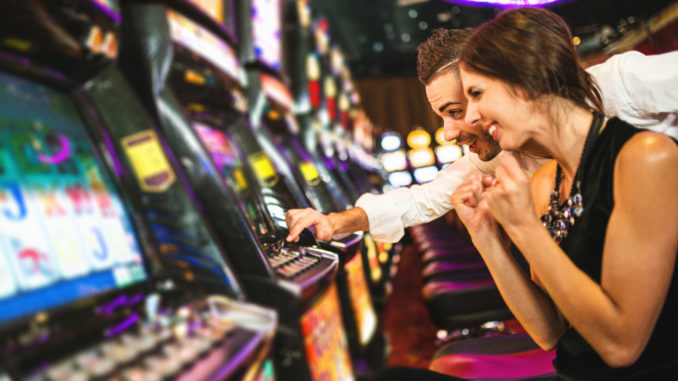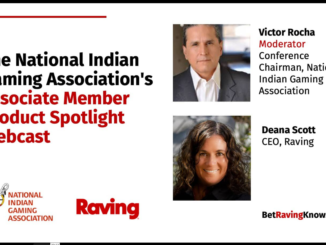
Often, the first meaningful point of contact in any casino is at your players/loyalty club. These team members continually have more interaction with your players than anyone else in the casino. Yet, these team members are most often the ones that do not get the training to be the best salespeople they can be. This is especially true when, in some cases, the players club and cage are combined. They are rarely introduced to the important role that they play in the sales function and overall guest service of the casino … WHY?!
This is a HUGE missed opportunity! If appropriately trained, your players club team can be an important asset to your player development efforts. With player development being the main sales function of the casino, they can’t do anything without leads. So, if your players club touches a majority of your players, wouldn’t it make sense to coordinate your efforts? These efforts, along with focused analytic reports, cast a much wider net.
This whole “sales” thing can sometimes be confusing. Especially in the gaming business, where the whole idea of sales has often been only considered the “job” of the team with sales in their title (hotel sales, convention sales, etc.), or they think that sales is like the hardcore telemarketing efforts that bother the crap out of you while you are trying to eat dinner and enjoy family time (a tactic that everyone hates!). This line of thinking couldn’t be more wrong, and it is actually keeping your revenue numbers lower than they could be.
Here’s the deal: every single team member you have, if trained correctly and given the correct tools, sells your property. It isn’t one department’s job, it’s everyone’s!
View the players club team as your “bench strength.” Give them the tools that they will need to be long-term team members and have a clear career path. Turnover is expensive. Not only in additional costs, but it can cost you guests. Think about an interaction that you’ve had with a team member who didn’t know what they were doing. It can be frustrating!
People-focused, not task-focused – Basic guest service guidelines can make a difference. Instruct your team to be proactive instead of reactive. These “tricks” can be easily incorporated into your teams’ processes, adding very little time to transactions.
Don’t wait for the guest to actually get to your counter to smile and greet them! Use the 10/5 rule; make eye contact! The more meaningful the interaction, the more memorable that it will be, and it will make an impression without much additional time! And use their name; that makes it personal.
Thank them for their business. Remember the quote: “Our guests aren’t an interruption of our work; they are the purpose!” Without them, we have no business.
You can’t sell what you don’t know – Make sure that they understand their product! It seems like a no-brainer, but I am sure that many of you have experienced the frustration of going to a players club and asking a question, then getting a response of “I don’t know” or “you’ll have to go …” Don’t just simply throw an event sheet, brochure or an email at them. That is not effective communication. The most effective and impressive players clubs that I have encountered were those where, no matter what the question about the property I could ask, they either knew the answer or knew where to get that information and were quick to find out. Along with that, these well-trained people were well-informed and believed in their product. In other words, they were trained to sell. Which leads us to …
Redefine how you train your team – Training should NEVER be done halfway. I have always been a big proponent of cross-training, especially for those who are on the front lines dealing with your most precious commodity: your guests! It doesn’t need to be an in-depth process. Simply shadowing the strong team members in each of the other departments will give them a good idea about how/why each position functions, and also gives important insight. This information is like gold and will equip your players club team with valuable knowledge.
A few ideas:
- How to appropriately evaluate play.
- How to make “no” sound like “yes.”
- How to break the ice with a new guest.
- How to develop relationships.
- How to listen.
By giving your team the tools to really help your guests creates loyalty, and loyalty equates to revenue!




